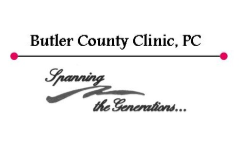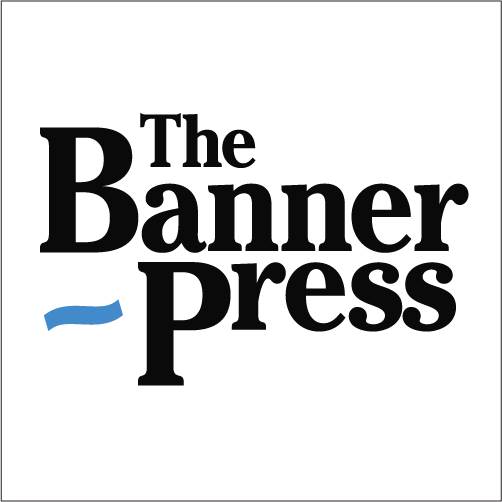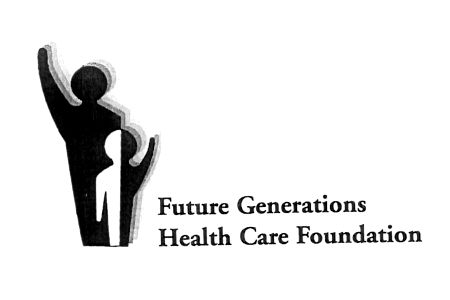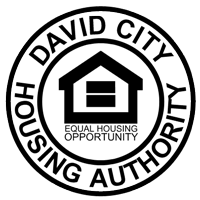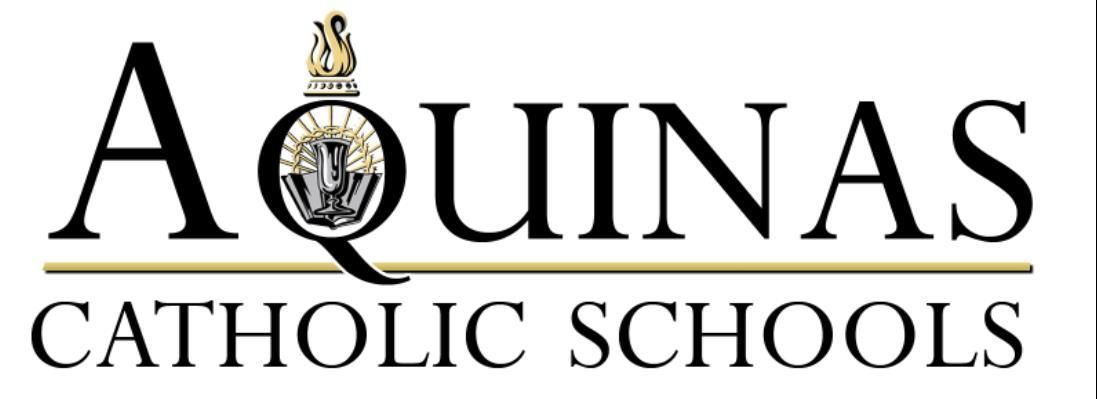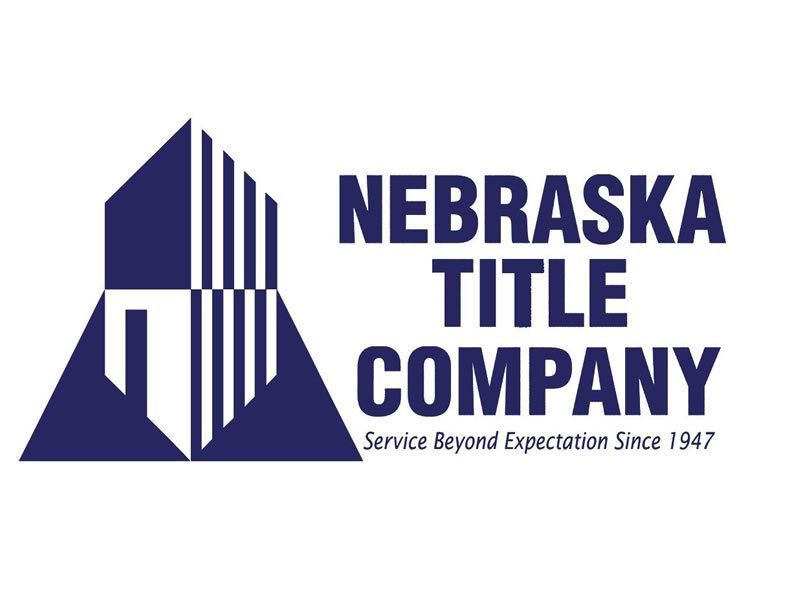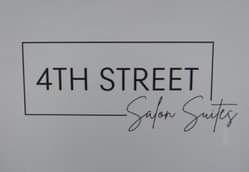A report from the Nebraska Department of Revenue that showed net September tax collections fell about 5 percent below projections prompted Gov. Pete Ricketts to announce a travel ban and hiring freeze for state agencies on Friday.
Ricketts said he was not likely to call a special session to deal with budget issues before the Legislature convenes in January.
"The downturn in revenue is certainly a significant challenge, but we are working to manage it within state agencies," Ricketts said.
Circumstances could change depending on the Oct. 28 meeting of the Nebraska Economic Forecasting Advisory Board, he said. But based on current receipts and the state’s healthy cash reserve, he has confidence he and the Legislature can work together in January to meet the challenge.
Net tax receipts in September were 5.3 percent below forecast, with collections at $437 million, rather than the projected $462 million. The state budget is formulated based on those projections.
September tax refunds were $70 million, 30.5 percent above the $54 million forecast.
Sales tax collections were 7.6 percent below projections and individual income taxes were down 3 percent.
For the 2016-17 fiscal year, net receipts were 3.8 percent below the forecast.
Ricketts' travel ban for state agencies is for non-essential, out-of-state travel. Hiring for all positions that are not critical to the missions of state agencies will also be stopped.
Non-mission critical positions will vary by agency, said Ricketts spokesman Taylor Gage. Examples might include administrative staff, consultants and contractors.
Ricketts said agency directors are adjusting their current budgets and identifying efficiencies to prepare for the 2017-19 budget.
In the meantime, the governor will continue to reduce agency allotments of appropriations in the next quarter. In July, he announced the usual allotments of 25 percent of appropriations each quarter would be reduced 1 percent to prompt additional spending restraint.
The third quarter allotment will be reduced by 2 percent, he said, for a total reduction of 4 percent in the first three quarters. The final quarter, April through June, will also have reductions.
In July, state Tax Commissioner Tony Fulton said an analysis showed the agricultural economy contributed to a shortfall in taxes in May and June.
"Commodity prices were at an all-time high in 2013, and those have come down," he said.
That has a direct effect on farmers' abilities to make a living, and spending by those families is down, which affects sales tax receipts, he said.
OpenSky Policy Institute Executive Director Renee Fry issued a statement Friday afternoon saying the growing budget shortfall raises a red flag that perhaps the state has gone too far with tax cuts in recent years.
"The continued downturn in revenue threatens investments in schools and other vital services and makes it more difficult to address pressing issues like Corrections and property taxes," Fry said.
Ricketts said in July that any revenue shortfall the state is experiencing did not dissuade him from his goal of looking for tax cuts.
On Friday he said: “As I travel, Nebraskans tell me about how they are overtaxed. I will always be looking for ways to help Nebraskans keep more of the money they earn.”
Reach the writer at 402-473-7228 or jyoung@journalstar.com.





